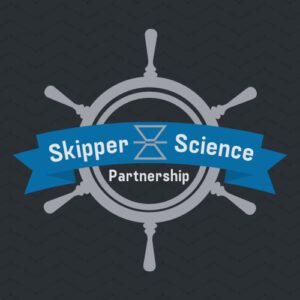
A collaborative effort of environmental, scientific, industry and tribal partners is involving an increasing number of commercial fishermen in a program that shares ecological observations on fisheries and oceans with researchers studying climate change issues.
The Skipper Science Partnership, now in its third year in Alaska, continues to attract more fishermen willing to provide feedback on their observations at sea.
In 2022, the second year of the project, over 150 fishermen offered their opinions on climate change and feedback on their experiences with the program and the app via phone interviews.
“Our next phase will be to match fishermen in specific regions and fisheries with scientists and managers in those areas to collect data points that support specific projects ad research needs,” Lindsey Bloom, manager of Salmon State’s Salmon Habitat Information Program (SHIP), said.
“The amount of participation and interest from the industry, commercial fishing groups and fishermen was so positive,” Bloom continued. “We were blown away by the amount of organizations and associations willing to endorse and support this project.”
“Skipper Science is providing a streamlined path for fisheries researchers to connect with fishers about the changes that they’re seeing on the water and share their knowledge with scientists in a highly collaborative and positive way, especially for the times and places that research boats can’t cover,” Kerim Aydin, a fishery biologist with the Alaska Fisheries Science Center, explained.
Lauren Divine, director of the ecosystem conservation office for the tribal government of St. Paul, Alaska, said the program is already a valuable resource for researchers, managers and policy makers.
“In concert with Alaska’s fishing fleets, we can meet the challenges of fishing and managing sustainable fisheries in a changing climate, ensuring commercial fishing economies remain strong for generations to come,” she said.
A key tool of the Skipper Science Program is a smartphone app that allows fishermen to log observations in real time from fishing grounds.
